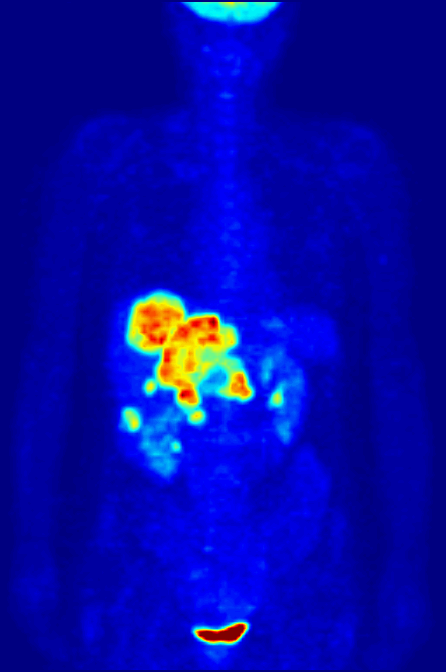Upadacitinib: Promising Induction Therapy for Pediatric Crohn's Disease

For children diagnosed with severe Crohn's disease, upadacitinib has emerged as a promising option for induction therapy, according to a study published in *Alimentary Pharmacology & Therapeutics* on June 14, 2025. The research indicates that 75% of the 100 children evaluated experienced a clinical response by week 8 of treatment, with 56% achieving clinical remission. However, the safety profile of upadacitinib necessitates careful scrutiny, particularly considering the potential adverse events reported during the study.
The study, led by Dr. Steven Cohen and colleagues from various centers across Europe, the Middle East, and North America as part of the Paediatric Inflammatory Bowel Disease Interest Group, involved children who had previously undergone treatment with various biologic agents such as anti-TNFα agents, ustekinumab, and vedolizumab. The median age of participants was 15.8 years, and they had been living with Crohn's disease for an average of 4.4 years before starting the study.
According to the findings, most children received a 45 mg daily dose of upadacitinib, and by the end of the induction period, 89% of the participants continued the therapy. Notably, among those treated, clinical free remission was achieved in 52% of cases, with significant improvements seen in inflammatory markers such as C-reactive protein and fecal calprotectin. Despite these encouraging results, the study noted that adverse events were reported in 24 children, with acne being the most common, leading to treatment discontinuation in two instances due to severe cases.
Dr. Sarah Johnson, a pediatric gastroenterologist at the University of Michigan and co-author of a related commentary, emphasized the importance of weighing the benefits of upadacitinib against its potential risks. "While the initial results are promising, the long-term safety data is crucial for understanding the full scope of upadacitinib's impact on pediatric patients," she stated.
The authors of the study acknowledged several limitations, including its retrospective design, which limited structured follow-up and comprehensive data collection. They highlighted the need for further research to establish the long-term efficacy and safety of upadacitinib in this vulnerable population. Dr. Thomas Andrews, a leading researcher in pediatric inflammatory bowel diseases, reiterated this point, stating, "The findings are a crucial step forward, but we must ensure that any treatment we offer to children minimizes risk and maximizes benefit."
The study's limitations also included a lack of endoscopic follow-up data and a small sample size, which restricted the ability to perform multivariate analyses of the outcomes. Nonetheless, the results provide a foundation for further exploration of upadacitinib as a potential treatment for children with refractory Crohn's disease, particularly as the medical community seeks effective therapies for this challenging condition.
In conclusion, while upadacitinib showcases significant potential as an induction therapy for pediatric Crohn's disease, ongoing evaluation and long-term studies are essential to fully ascertain its safety and efficacy in the pediatric population. As researchers continue to explore options for managing this complex disease, the medical community remains hopeful for advancements that improve patient outcomes and quality of life for affected children.
Advertisement
Tags
Advertisement





